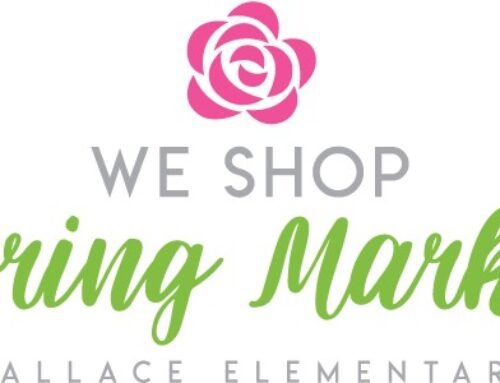Anyone who doubts the importance of art in a young child’s development, education and ability to self-express needs to spend some time with artist Charlotte Lindsey.
After graduating with a Bachelor’s of Fine Arts from the University of North Texas in 1984, Lindsey was looking for a way to merge her love of art with her desire to do something professionally that would “make a difference.” In the meantime, she went to work as a graphic designer. And although she enjoyed her work, she always felt that something was missing.
“I left design because I wanted to do something I felt had a direct impact on someone’s life,” she says.
Lindsey wasn’t sure exactly how she would achieve this marriage of work and ideology, but since she was certified to teach, she accepted a position as an elementary art teacher in 1988. Her experiences as an art teacher in a public school setting led her to develop the programs she currently uses in schools throughout Dallas.
Lindsey conducts art residencies at elementary schools that integrate art with other areas of the curriculum. For example, at Greenhill School, Lindsey commemorated the school’s history with a large outdoor tile mosaic. And her recent work at Lake Highlands Elementary was a tile mosaic that encompassed a theme the students generated.
“The children and parents felt that the school was unique in its rich cultural diversity,” she says about her Lake Highlands project. “Together, we developed a project that would help express this idea.”
Creating a mural takes place in basically three phases. First the students discuss the school’s culture and history. Next, Lindsey works with them to translate verbal images into drawings. And, of course, the final phase is the mural’s installation.
The result is a tile-mosaic that depicts flags and symbols for many of the specific cultures represented at Lake Highlands Elementary. Classes were assigned different regions of the world, and along with sketching the art, learned many facts about their specific regions.
Today, about 11 percent (or one out of nine) of the people of Texas are foreign-born, about 2.2 million in all. The largest group comes from Mexico, and the next two largest groups are from India and Vietnam. There are students from India, Jordan, Iraq, Bangladesh and Russia – to name just some of the cultures represented in our neighborhood schools.
As with all her projects, Lindsey saw her role as a guide for the children’s artistic expression.
“I set the parameters for them, but I allow them to come up with the creative ideas,” she says. “Then, I lead them step-by-step through the process of creating the art.”
The students do most of the work themselves, and their pride is evident, she says.
Lindsey believes that the success of these programs is found both in the product and the process.
“Collaborative art projects teach children many important life skills,” she says. “They learn to function as part of a team and to rely on each other, They also learn to deal with conflicts that may come up during the course of the project, and how to compromise when there are many different ideas.”
Lindsey’s work in area schools is made possible primarily through a contract she has with Young Audiences of Greater Dallas. Occasionally, a project is funded by a grant from the Texas Commission on the Arts. Her residencies may range from a four-way watercolor workshop to a year-long assignment as a visiting artist.
In addition to her work with schools, Lindsey serves as the Art Program Director at the Wilkinson Center. The center offers a children’s art program and recently implemented a program for seniors. Additionally, Lindsey teaches at the Lakewood Arts Academy. In her spare free time, she enjoys making jewelry, drawing and working with mixed media to create collages.
Lindsey says when she made the move into self-employment nearly 10 years ago, she wondered if she would be able to survive. Now, she’s overwhelmed with pending projects. She says her energy is derived from the satisfaction she gets when children connect with their natural creativity.
“I love the look on their faces when they have that moment of ‘aha!’”





